Housed in the Department of Genetics at Harvard Medical School (HMS), we believe that teaching and writing about the use of genetic information in the public domain is an integral part of our work. Founded in 2006, we are a diverse mix of scientists, social scientists, and educators engaging with science policy, curriculum reform, and – more broadly – the ways in which genetic information might transform health care, basic research, insurance, law, and our ideas about family, privacy, and identity.
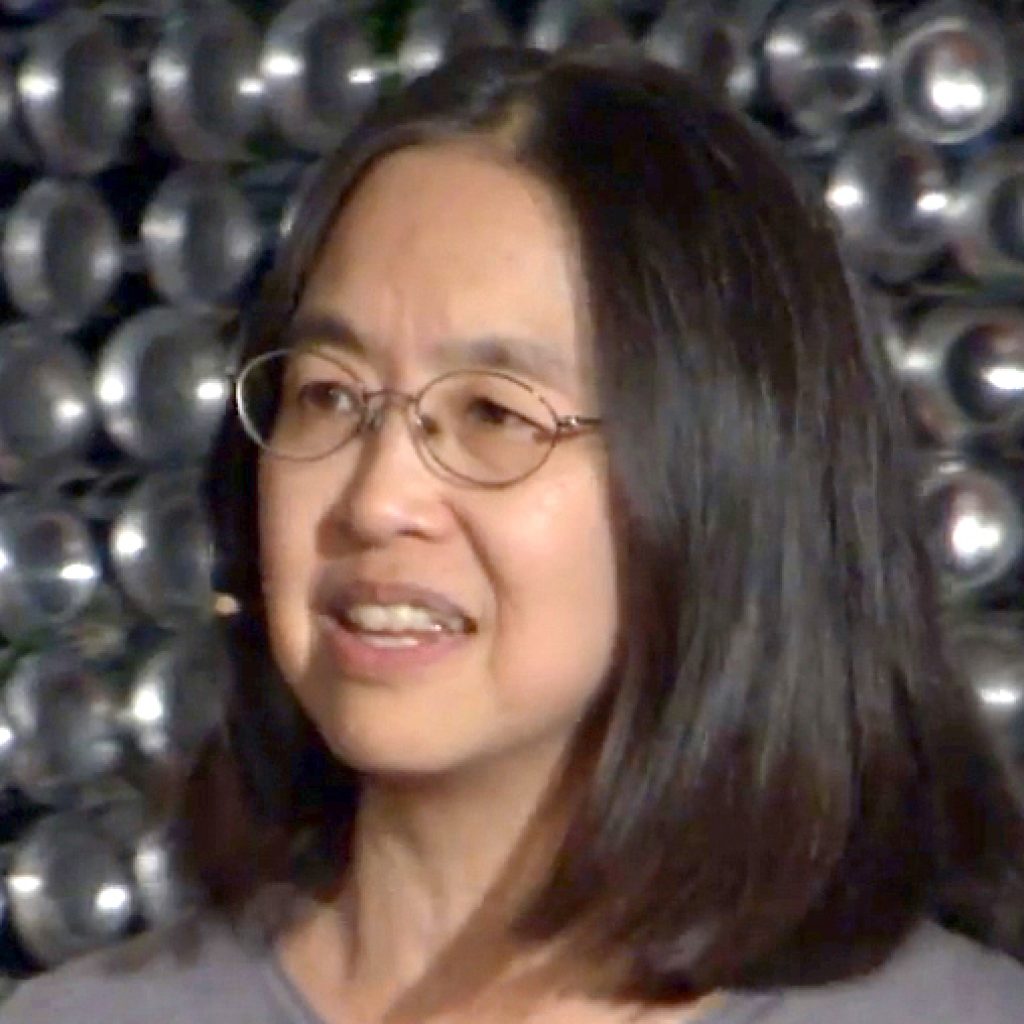
Ting is involved in all aspects of pgEd, including teaching in high schools, contributing to the online curricula, organizing conferences and Congressional briefings, working with producers and writers in the entertainment industry, developing Map-Ed, and working with communities of faith. Ting is also a Professor of Genetics at Harvard Medical School, where her research group studies the manner in which chromosome structure and behavior govern inheritance and genome activity (http://www.homologyeffects.org/). She received her B.A. from Harvard University in Biology and her Ph.D. from Harvard Medical School in Genetics. She did her postdoctoral training at Yale University and the Station for Natural Studies, after which she was a Fellow in Molecular Biology at the Massachusetts General Hospital. She is now a Professor in the Department of Genetics at Harvard Medical School. Dr. Wu has been honored as a recipient of an NIH Director’s Pioneer Award as well as an NIH Director’s Transformative Research Award for her studies on chromosome organization, analysis of sequence conservation, and inventions for imaging the genome.
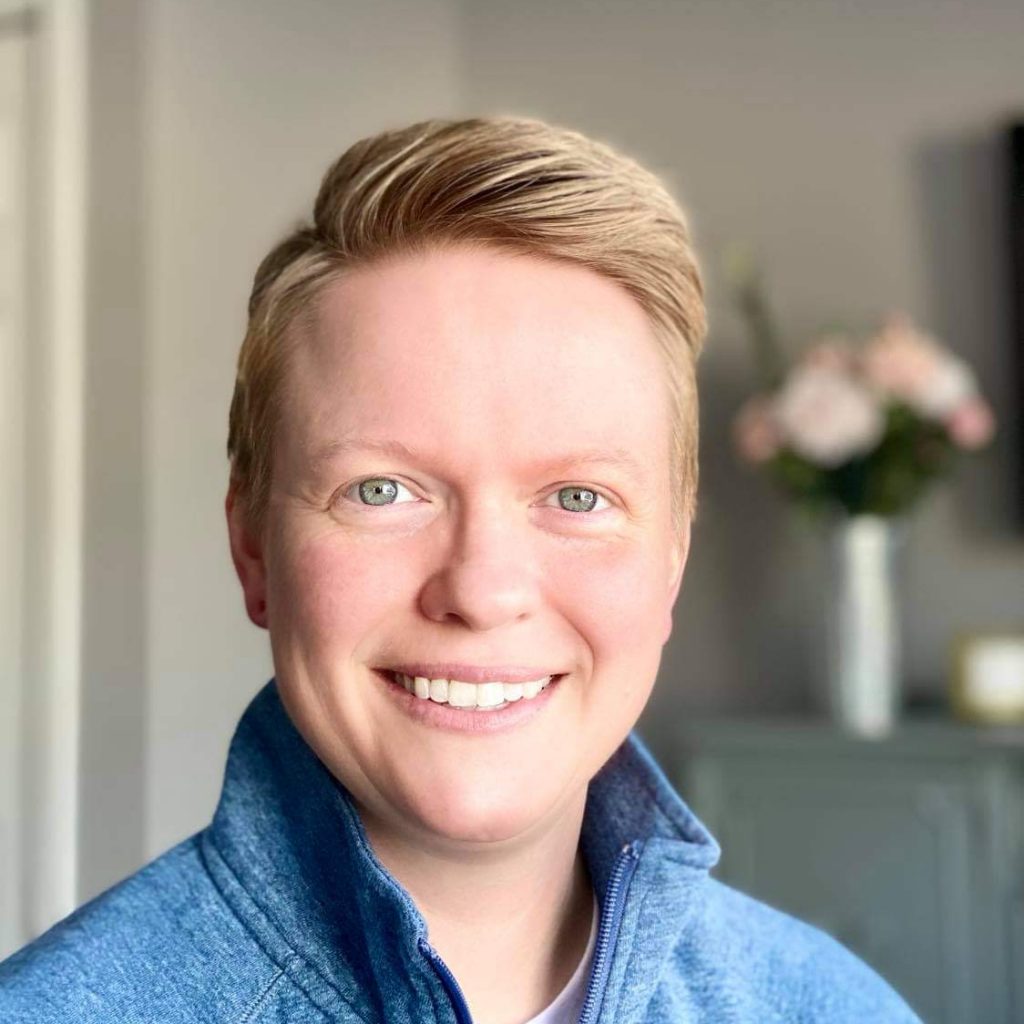
Robin leads pgEd’s education initiatives: developing curricula, providing professional development workshops for teachers, and working to encourage the discussion of personal genetics in classrooms nationwide. She also works with professionals in the entertainment industry, creating resources and hosting events for storytellers. The aim of this work is to bring discussions of genetics into the public dialogue through compelling stories that delve into the complexity of the personal, ethical, and social implications of genetic technologies.
Robin holds degrees in Athletic Training from Ball State University and Higher Education Administration from the University of Nebraska-Lincoln. An advocate for inclusion, Robin believes in the power of education and respectful dialogue to foster a more just society.
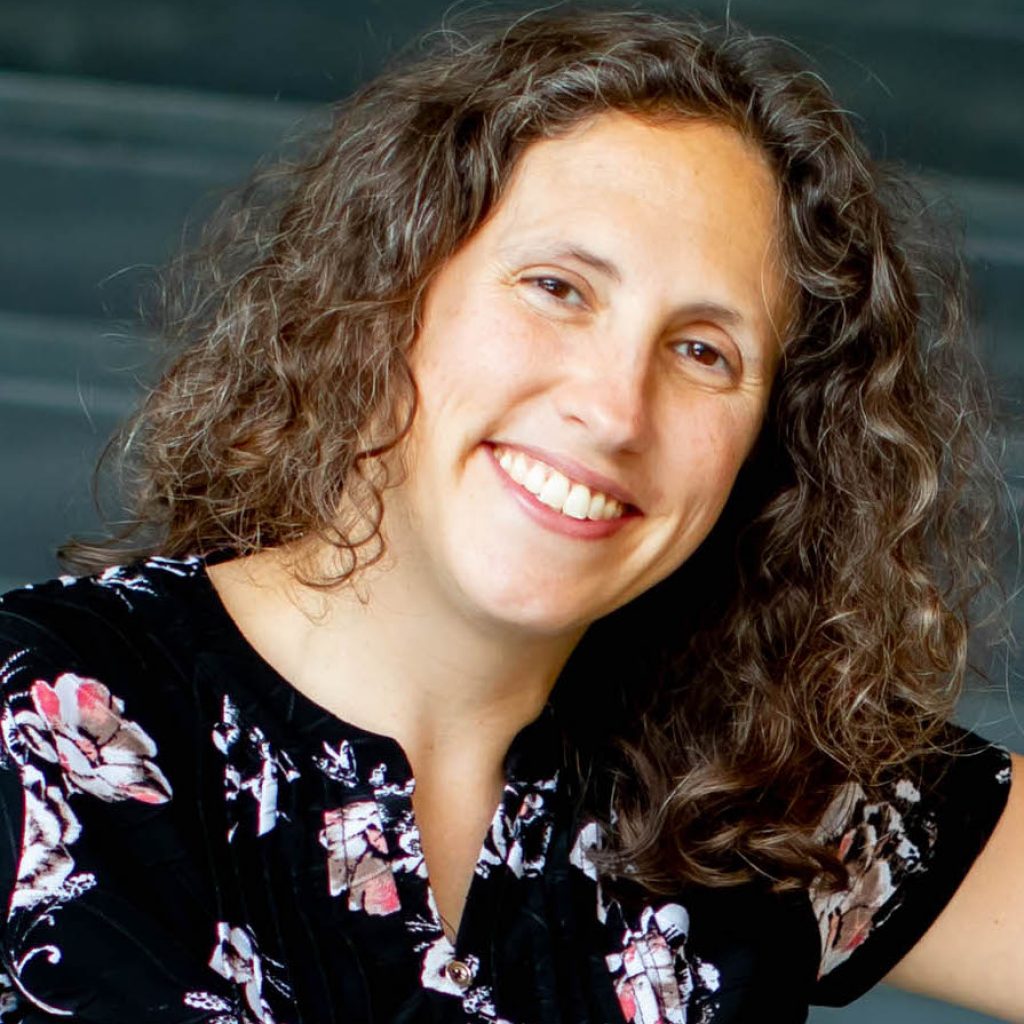
Marnie has led a range of initiatives at pgEd, including creating curricula and training teachers as PI on an NIH-funded project, partnering with communities of faith, and organizing Congressional briefings. Her most recent projects include collaborations with the ASL Education Center, the Genetics Society of America, and bioethicists at The Center for ELSI Resources & Analysis. In addition, Marnie has advised educational efforts at the American Society of Human Genetics, the National Human Genome Research Institute, and the Smithsonian.
Prior to joining pgEd, Marnie was a post-doctoral fellow at Brigham & Women’s Hospital investigating the role of chromosome organization in gene regulation. She received her B.S. in biology from Haverford College and her Ph.D. in Molecular and Cellular Biology from the Fred Hutchinson Cancer Research Center.
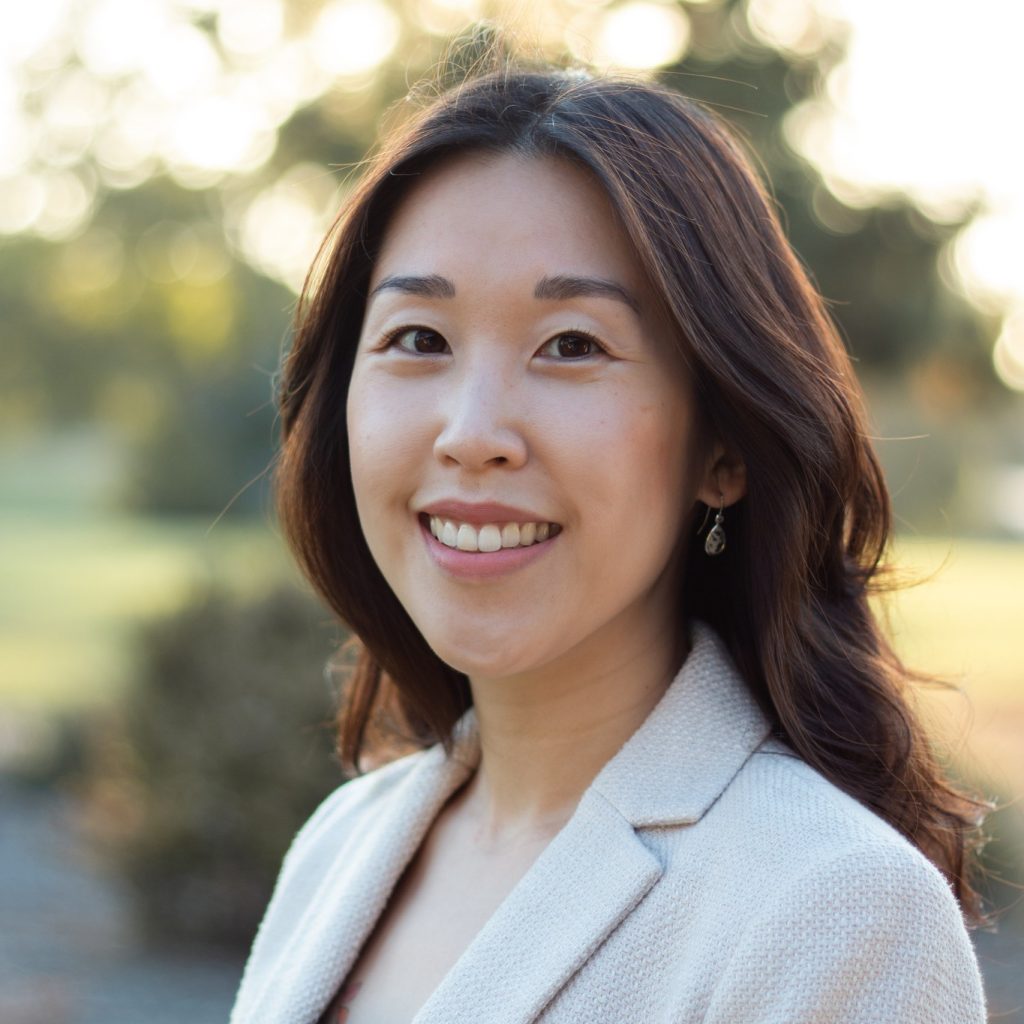
Helen is a board-certified genetic counselor, educator, and advocate for disability justice and inclusion in and outside of the clinic. She first connected with pgEd through a shared interest to elevate disabled voices in conversations about genetics. Deeply committed to addressing health inequities within the realm of genetics through education, Helen is excited to join pgEd to expand grassroots efforts to engage with marginalized communities, especially communities of color. Prior to joining pgEd, Helen was a cancer genetic counselor, where she served individuals and families in a community hospital setting in the south Los Angeles area, before she transitioned to a multi-state telehealth role. Her practice has included genetic counseling for cardiology, cancer, healthy adult screening, carrier screening, pharmacogenomics (how a person’s genetic makeup affects their response to certain medications), and whole exome sequencing (which can help identify which genetic variants contribute to a person’s health condition). In addition to her clinical work, Helen has also mentored and educated genetic counseling trainees, served as a research advisor, and sat on students’ thesis committees. She is an active member and mentor with the Minority Genetics Professional Network. Every fall, she guest lectures in an ethics class for 2nd year genetic counseling students, where she teaches on the framing and intersection of disability, race, genetics, climate change, world history & politics. Helen is a 1.5 generation immigrant from South Korea and received her M.S. in Human Genetics & Genetic Counseling from Stanford University, her M.A. in Structural Biology from Scripps Research, and her B.A. in Molecular Biology from Claremont McKenna College.
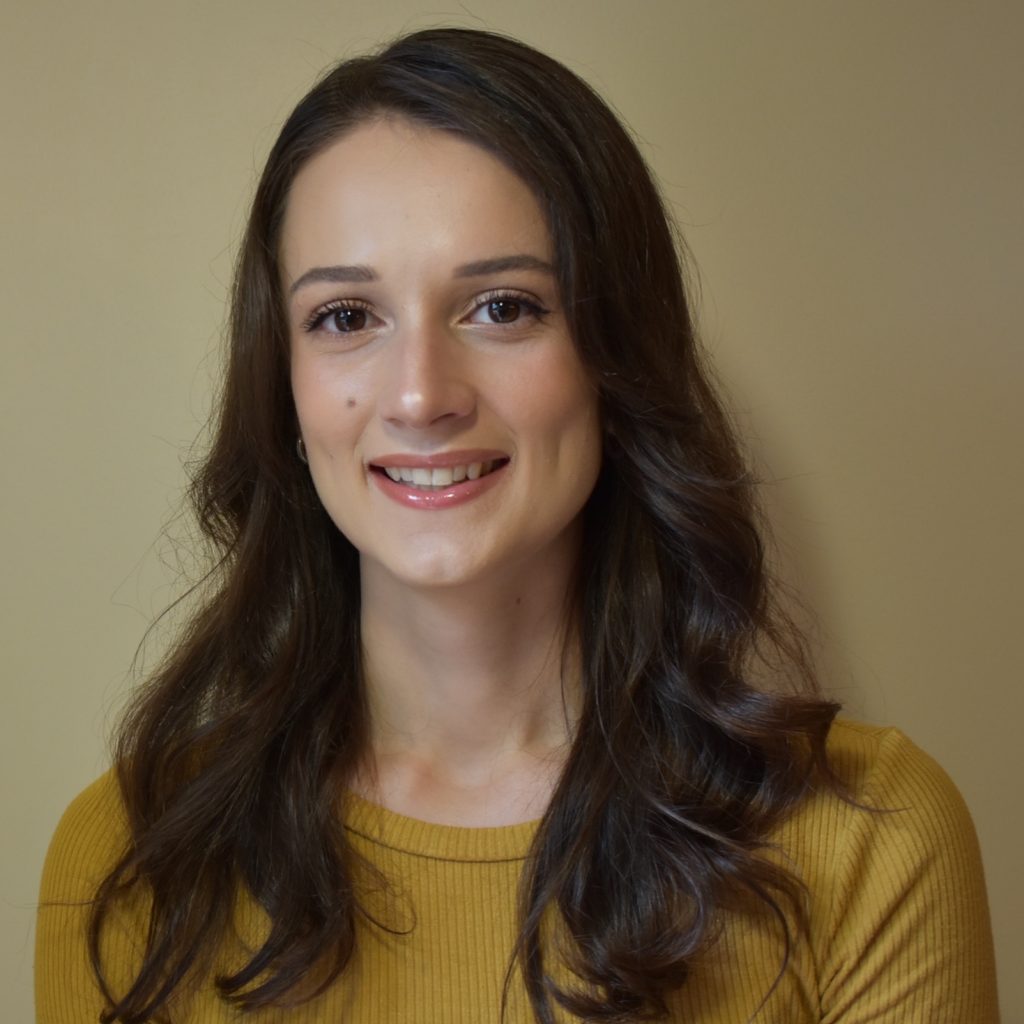
A person of diverse interests, Gillian has received academic training and practical experience in multiple areas of genetics: research, education, clinical care, and outreach program development and management. Gillian received her B.S. in Molecular and Cell Biology, graduate certificate in Clinical Genetics and Genomics, and M.S. in Health Care Genetics from the University of Connecticut. She joined the pgEd team as a Public Engagement Associate in late November of 2022 and will be contributing to multiple projects, including collaborating with filmmakers and expanding our teacher initiatives. Her outreach experience includes developing and leading the UConn Genome Ambassador Program, successfully connecting with over 400 students through virtual and in-person genetics programming in one year. She has served on the Board of Directors Executive Committee for the New England Regional Genetics Group since 2020, collaborating with consumers, clinicians, and public health professionals to identify and develop genetics resource tools. She is a CT Chapter Tomorrow’s Leaders member for the Cystic Fibrosis Foundation, and has served as a moderator and speaker for seminars pertaining to CF clinical care, current research, and professional development initiatives for students. As an Adjunct Faculty Instructor at UConn, she has taught the ethical, legal, and social implications of genetics to practicing nurses, pre-genetic counseling students, and researchers. Gillian is thrilled to now extend her engagement to educators and content creators. In addition to writing, presenting, and teaching, Gillian explores her genetics education passion through traditional and digital art. She is currently working on a series of paintings and illustrations that depict the molecular pathology of rare genetic conditions, and is excited to share her work with a public audience when her project is complete.
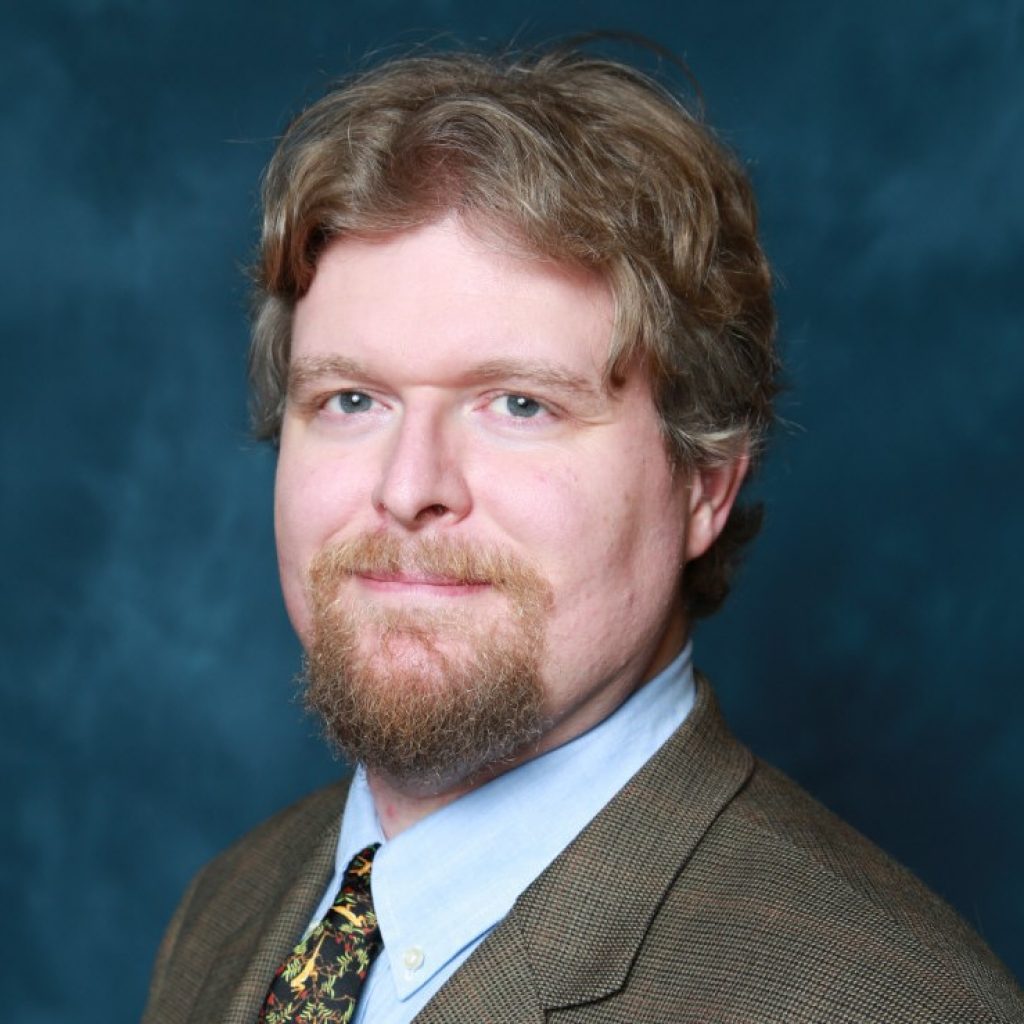
Rob O’Malley (he/him) is an evolutionary anthropologist and primate behavioral ecologist, with more than six years of experience working in public engagement with science. His particular interests include culturally inclusive science education, informal science learning, and fostering ethical, community-engaged research practices among scientists. Prior to joining pgEd, Rob was a project director at the Dialogue on Science, Ethics, and Religion (DoSER) program of the American Association for the Advancement of Science (AAAS). The DoSER program facilitates communication and engagement about science between scientific and religious communities, recognizing that these often overlap. While leading DoSER’s Engaging Scientists and Faith Communities project, he developed and facilitated science communication and engagement workshops, organized science engagement events for the public, for university communities, and for science societies, and co-created diverse media resources to support inclusive and impactful engagement between scientists, educators, and members of faith communities. His public science engagement activities have included virtual K-12 classroom visits through the Skype-A-Scientist program, in-person engagement through “The Scientist is In” program at the National Museum of Natural History, guest lectures and presentations to seminary and theological school faculty and students, and organizing panel events at science fiction conventions. Previously, Rob studied foraging, tool use, diet, and nutrition in primates. His research brought him to Santa Rosa National Park, Costa Rica to study white-faced capuchins, to the National Zoological Park in Washington, D.C. to study orangutans, and to Gombe National Park in Tanzania to study wild chimpanzees. He has also taught biological anthropology at four colleges and universities across the U.S. Rob retains an unpaid research associate affiliation with the Center for the Advanced Study of Human Paleobiology (CASHP) at the George Washington University. As of 2022, he serves as co-chair of the Education Committee of the American Association of Biological Anthropologists (AABA).
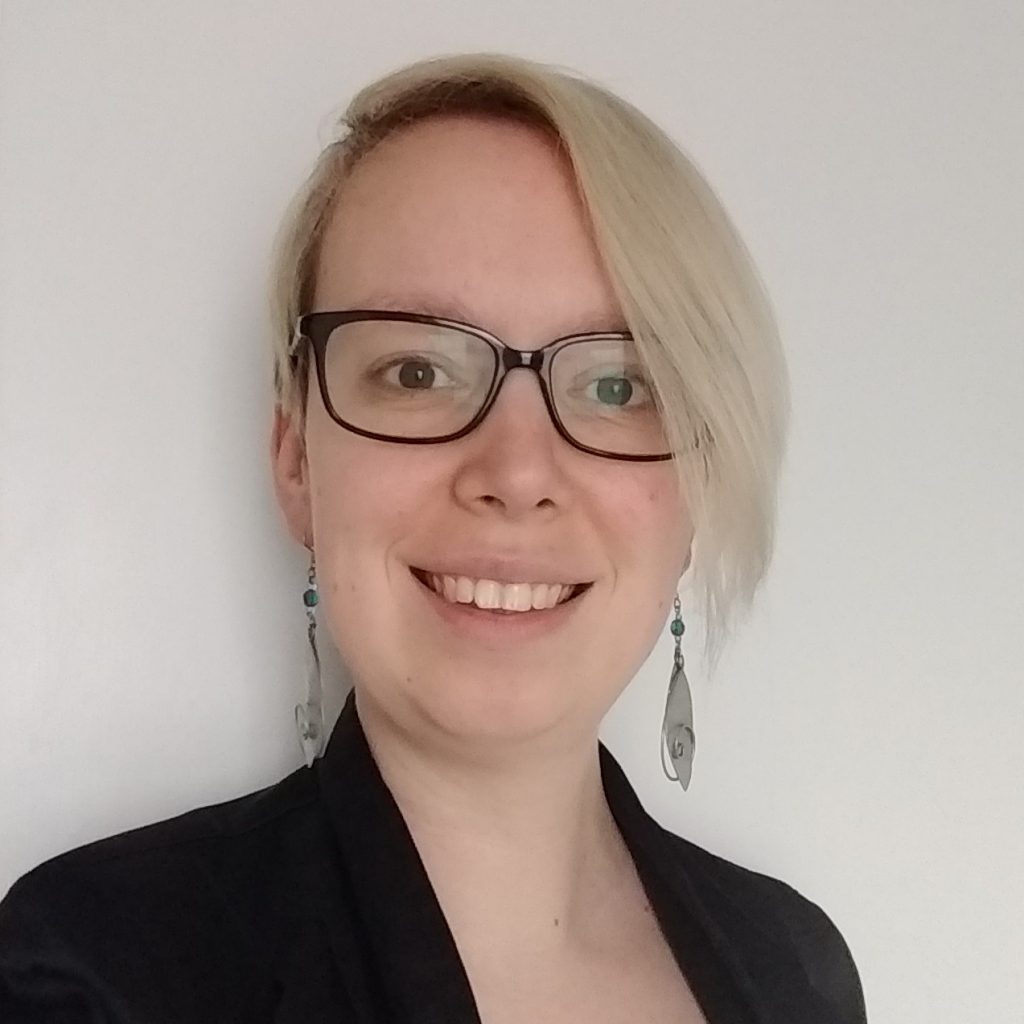
Nadine Vincenten, Ph.D.
Director of Scientific Communications and Engagement
As a scientist and educator at PGED, Nadine leads projects that connect cutting-edge genetics research to people’s daily lives. She develops educational content and informal learning opportunities that address complex scientific topics in an accessible way and invite people to grapple with the surrounding ethical and social issues. A gifted science communicator, Nadine develops workshops for educators and scientists to give them the tools to “talk genetics” in their classrooms and communities. To engage a wider audience, she oversees PGED’s website and online engagement strategy.
